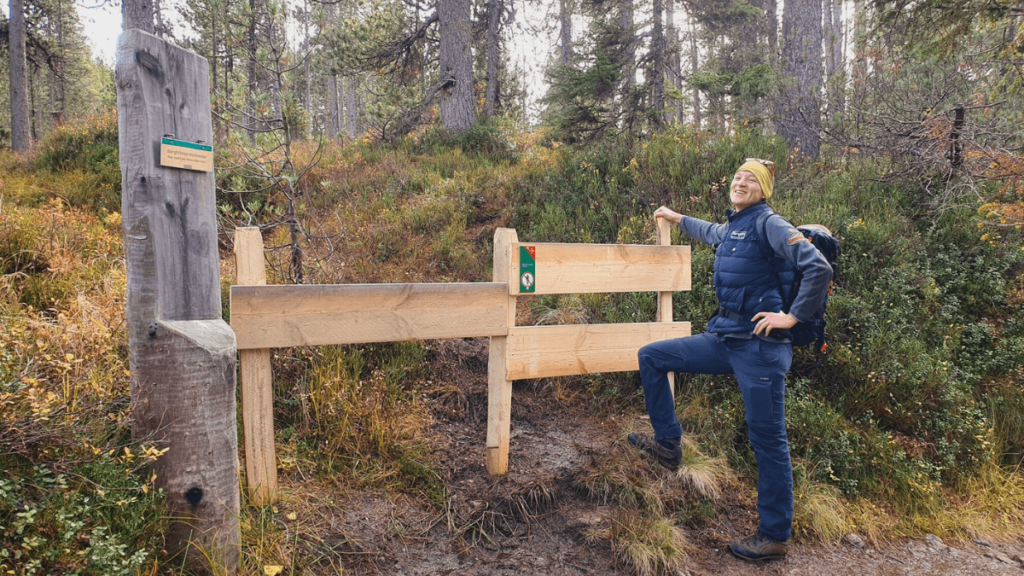What is it like for women to work in the male-dominated ranger profession? Silva Lanfranchi wanted to know. In her research for studies, platforms and more on the topic, the ranger found: little to nothing. That’s why she created a survey herself. Together with Murièle Jonglez, she will present the results at the World Ranger Congress. In advance, the two of them report on how they are doing as women in ranger jobs here.
Working in Glaubenberg, the largest moorland area in Switzerland, Silva wants to know how other female rangers around the world experience their everyday life, what challenges they face and where something needs to change. On the other hand, the survey also aims to cover the views of male colleagues on female rangers.
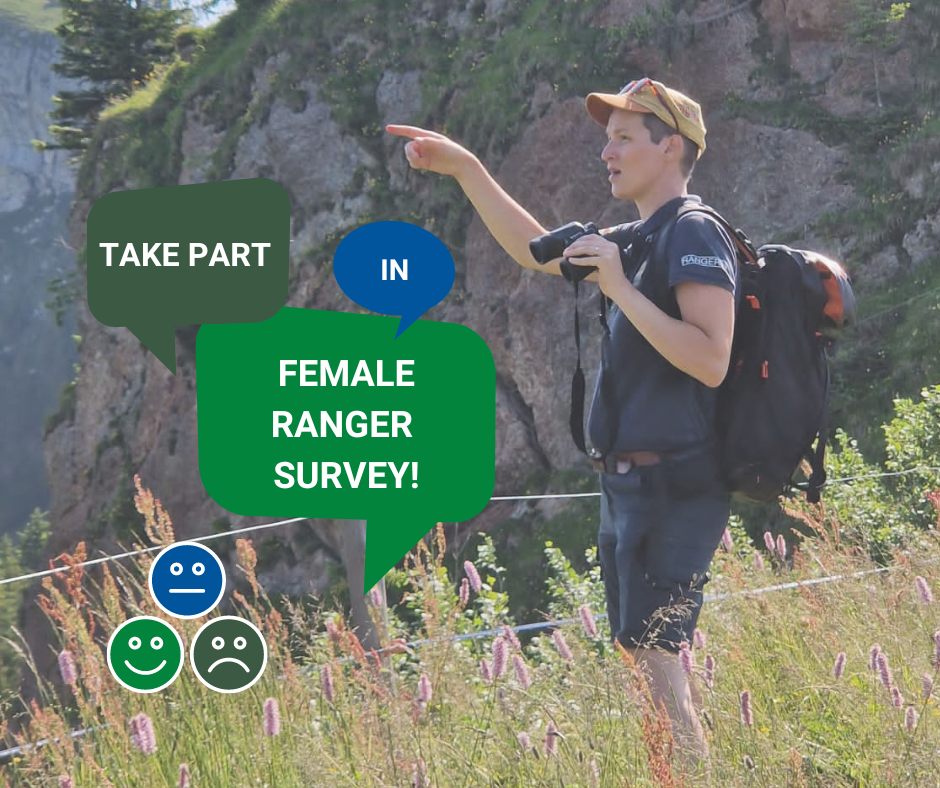
By presenting the results together with Murièle Jonglez, Managing Director of Swiss Ranger Team GmbH and President of Swiss Rangers, at the upcoming World Ranger Congress, she wants to raise awareness of the issue. Here, the two talk about their personal challenges as women in the ranger profession, how they deal with them and what they have learnt from their international female colleagues. For example, the Black Mambas, an all-female anti-poaching unit from Africa, which the two were able to bring on board for the survey like the International Ranger Federation.
What triggered the development of the survey – a specific experience or rather the everyday situation as a female ranger?
Silva: I am the only ranger in my area and the first one here in the job, as well as being a stranger. I faced a lot of rejection in my first year – which I had expected. However, I also had an intern back then. When he accompanied me outdoors, it happened that when I spoke to someone and stood there in uniform, that person talked to him, whom I had introduced as a trainee and who wasn’t wearing a uniform – and not to me. That was the first time I experienced being treated differently because of my gender.
“The idea for the survey on female rangers came mainly from my astonishment that there is so little on this topic. Firstly, we want to raise awareness by presenting the results at WRC.”
Often, however, rejection or different treatment is not so easy to explain: Is it because I’m the first female ranger, not from here, very tall for a woman or because I’m a woman in the ranger profession? The idea for the survey came mainly from my astonishment that there is so little on this topic. In Murièle, I found the right partner to address the challenges faced by female rangers at the World Ranger Congress. Firstly, we want to use the survey results to raise awareness of the issue.
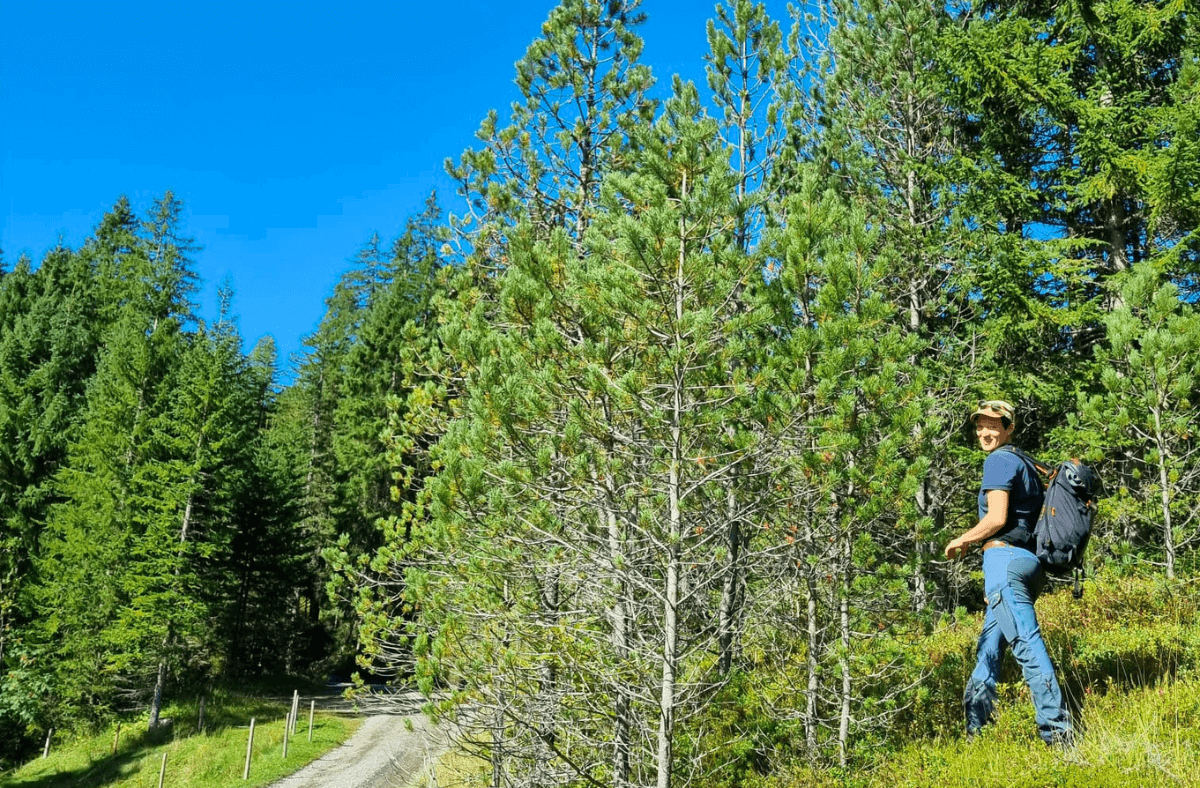
Do you regularly experience in your day-to-day work that being a woman makes a difference?
Silva: In the first few years, I often noticed that people couldn’t categorise me. I realised that women who looked more petite and feminine than me were often not taken seriously. But it wasn’t any better for me either. I couldn’t do it right: If I’m too feminine, too friendly, it quickly comes across as flirting, if I’m too dismissive, I’m a man-woman with hair on my tongue. The almost only women at work are my two bosses, otherwise I only deal with men. I can’t win them over with my expertise. But what I have gained respect for is self-irony. For example, when you sit together after meetings and counter sexist jokes at the same level, when the men realise they can have fun with me: then I’ve arrived. Then they also come to me with serious matters. Of course, some jokes are not at all acceptable. However, I counter them with something. Only with humour and a dose of self-irony.
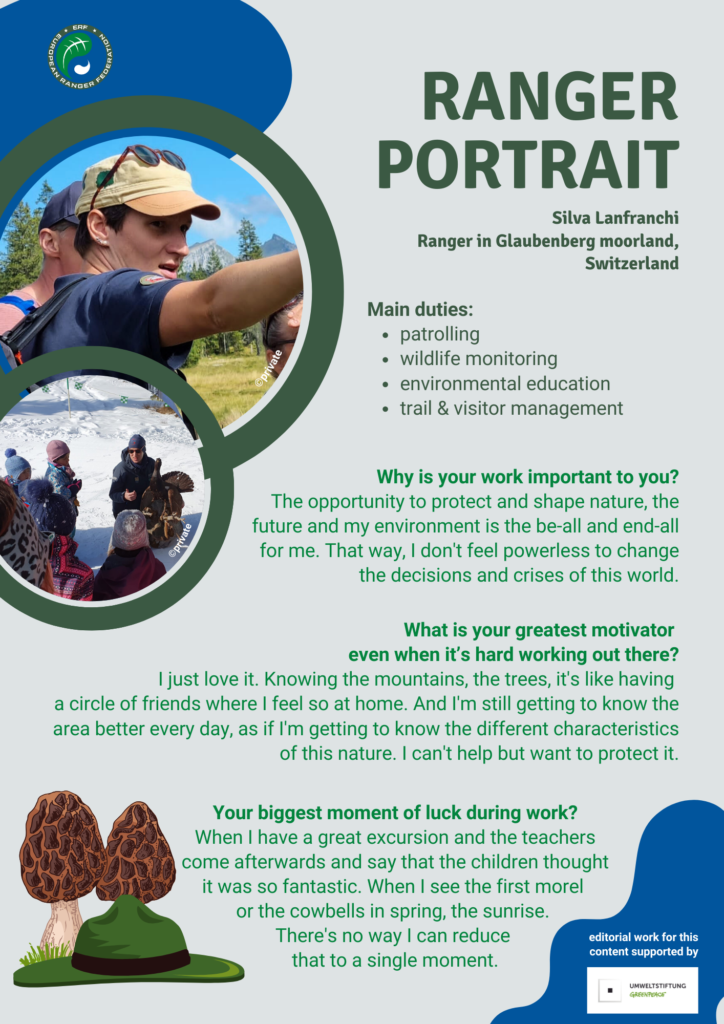
Murièle: I work with men almost 80 per cent of the time, even today. In addition to humour, you need stamina. I had the feeling that I always had to show the men that I respected them, valued their knowledge and had to be extremely friendly. It was only after a while that I was able to criticise them. Or the gamekeeper actually asked me for advice. Then they realised that I respect them and also have a certain amount of knowledge. But first you will be tested: In my early days as a ranger, for example, I had an office in the community centre. The men from the forester to the local council simply came in there, introduced themselves nicely, but didn’t even announce themselves. They wanted to know who this new female ranger leader was and what she looked like.
What are the advantages of being a woman in the ranger profession?
Murièle: I think the advantage is that we can bring a lot of empathy into the situation without the other person realising it, which means that conflicts are less likely to arise. On the other hand, I’ve also had a situation that escalated completely. I was really afraid of being hit and wondered whether the situation would have been the same if my male employee had been standing there in my place.
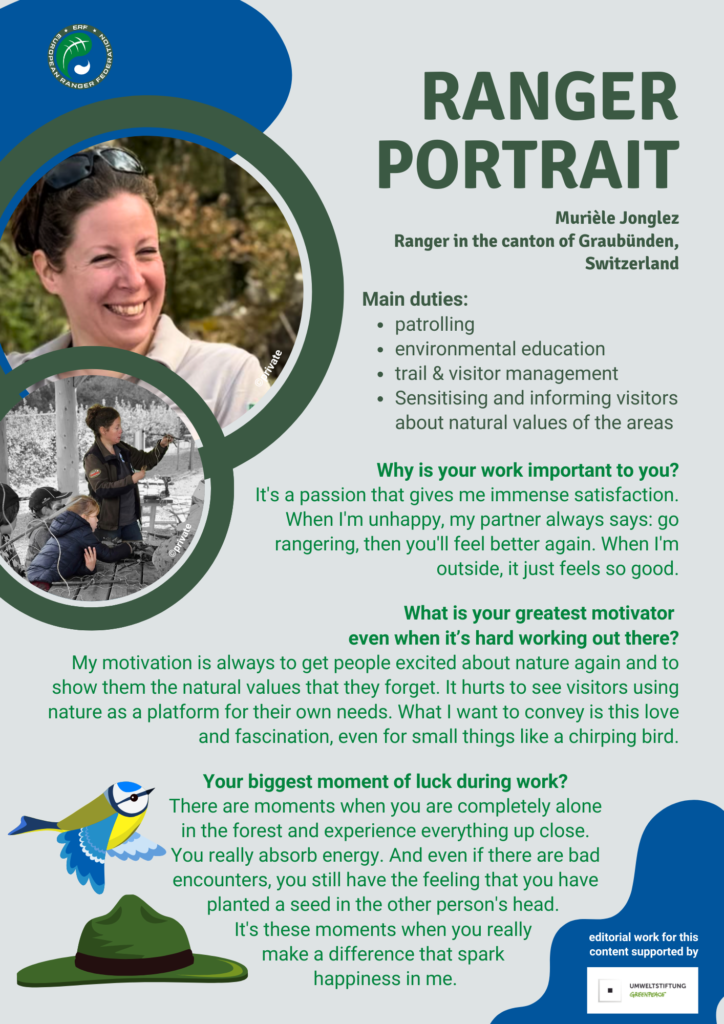
Silva: I see my advantage in the fact that I am often underestimated. Then I come in with knowledge, personality or very clear words – and it works. And it’s true that I can also achieve a lot with empathy. Sometimes it’s a bit manipulative because I understand how I can influence the other person’s feelings. But it certainly helps to de-escalate a situation. If the other person even has an ‘aha’ moment at the end, that’s a very positive thing.
What do women rangers from other countries tell you? How normal is it for them to be a woman in the job?
Silva: For our survey, I spoke to the Black Mambas, an African anti-poaching unit made up solely of female rangers. They talk a lot about empowerment, about being able to do and influence things. I can imagine that this feeling of powerlessness in the face of the many crises, which I myself feel very strongly, plays a far greater role in countries with even greater gender disparities. I couldn’t do any other work than rangering, where I can see my influence directly. In countries with corruption, mismanagement and generally male-dominated politics, this direct influence is certainly even more important for women.
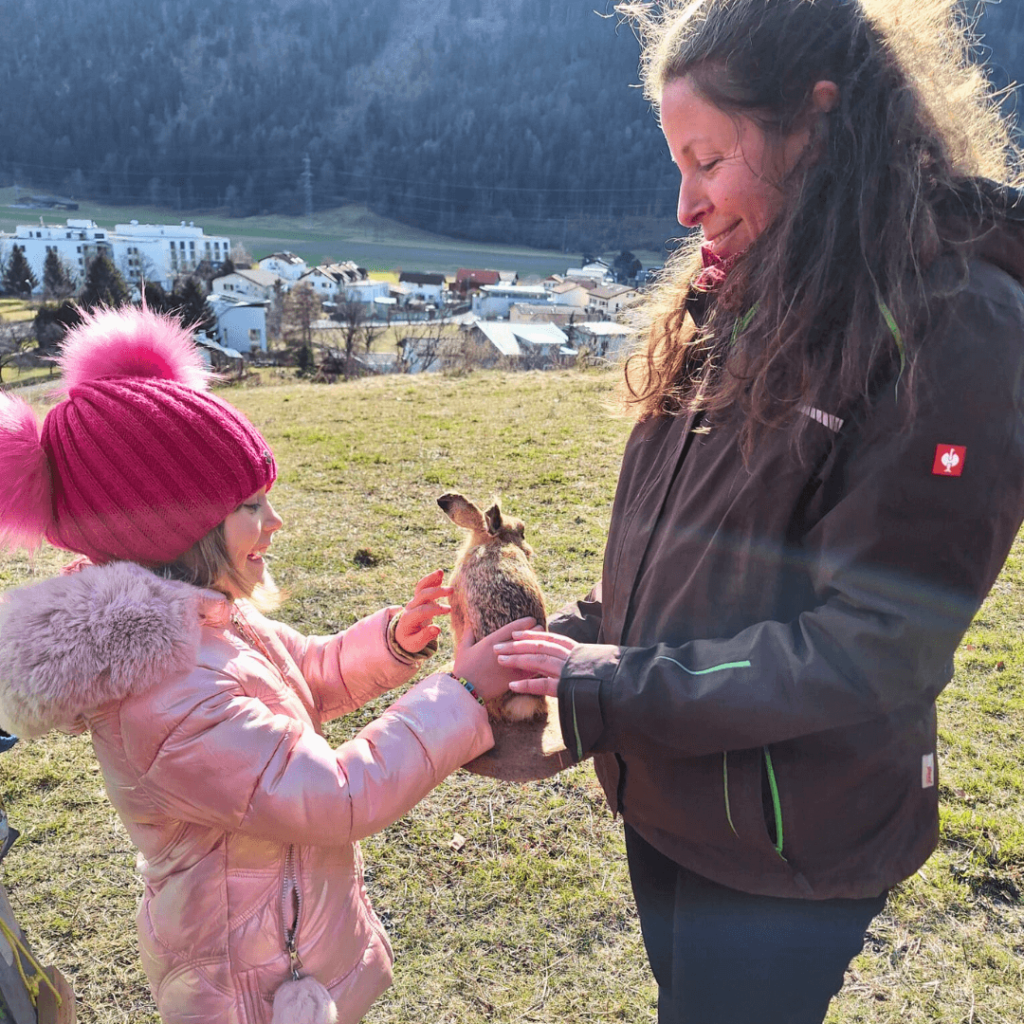
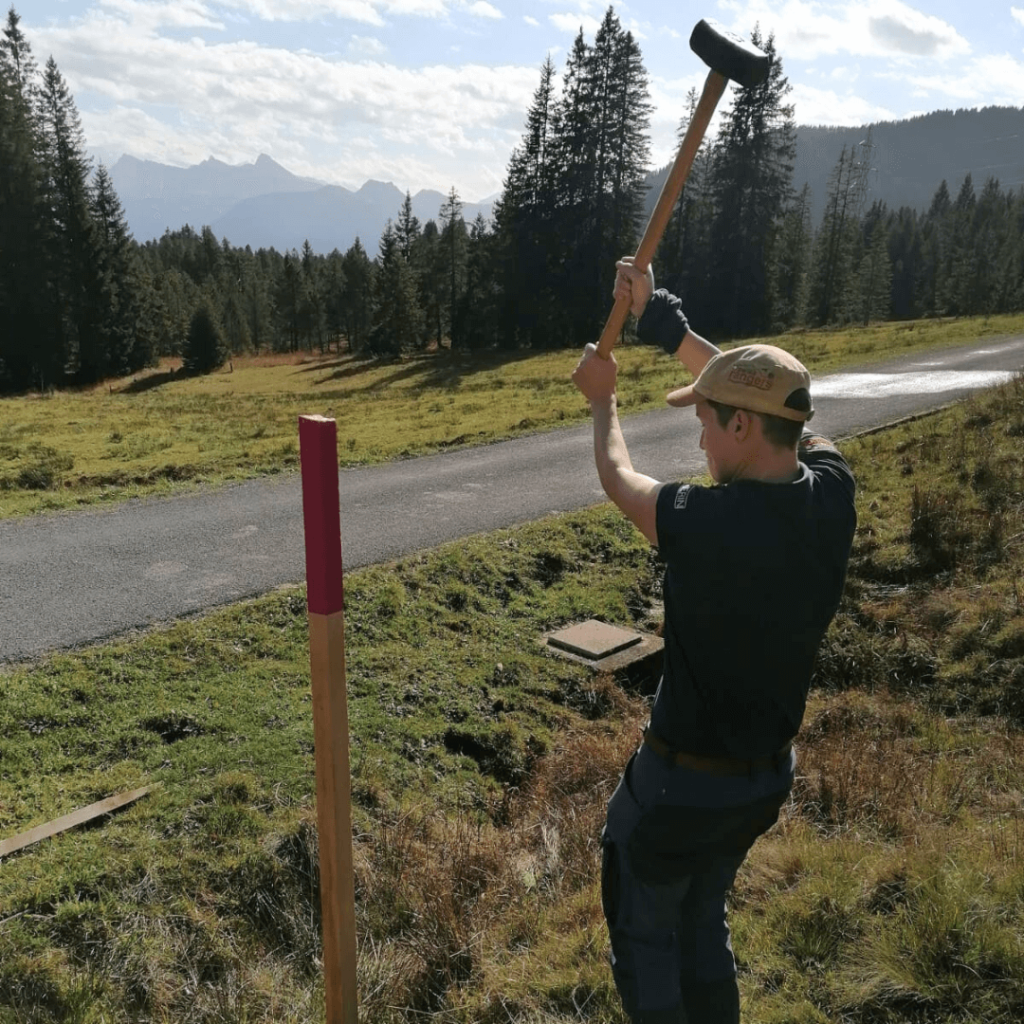
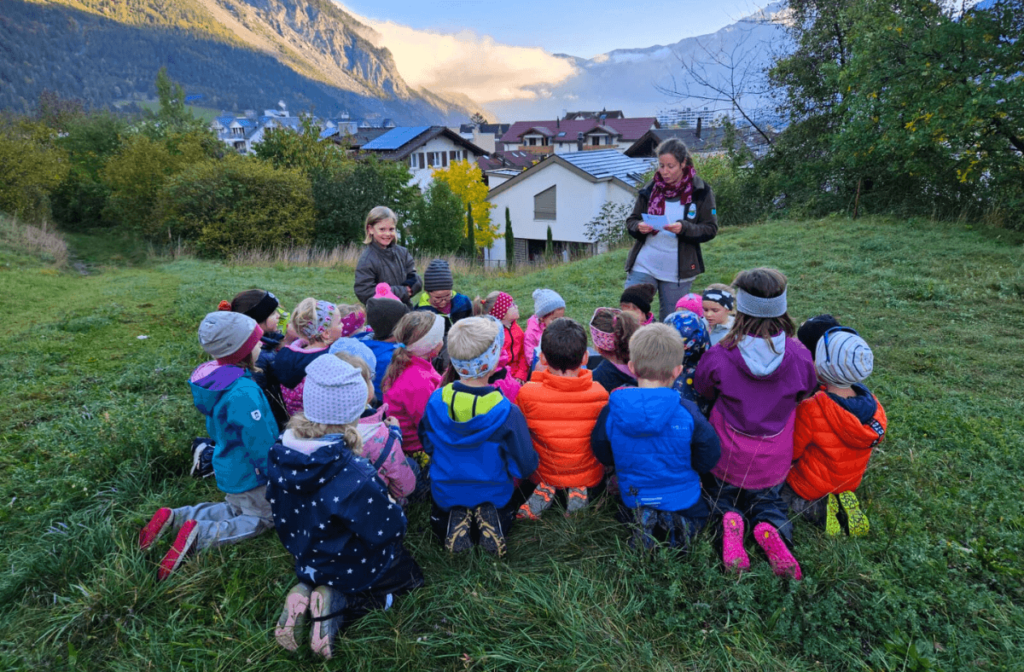
Murièle: The fact that we can make a difference is exactly what fulfils me. And I can imagine that this is even more the case for female rangers like the Black Mambas. In their countries, where poaching has completely different dimensions to ours, they expose themselves to a much higher risk. In addition they have to fight more for respect just like us as women. Their will to do something for nature must therefore be immense.
Silva: Yet the Black Mambas are also one of the most successful anti-poaching organisations. They recently won an award for it. And they obviously approach rangering with exactly the same self-irony as we do. When I see the tribal leaders in a TV documentary saying ‘Yes, we can work together, but they just have to do what I say, because as women they have no idea’ and the Black Mambas ironically say: ‘Yes, yes, we have no idea’, although both sides know that they are the driving force – then this shows me that the techniques of female rangers are global.
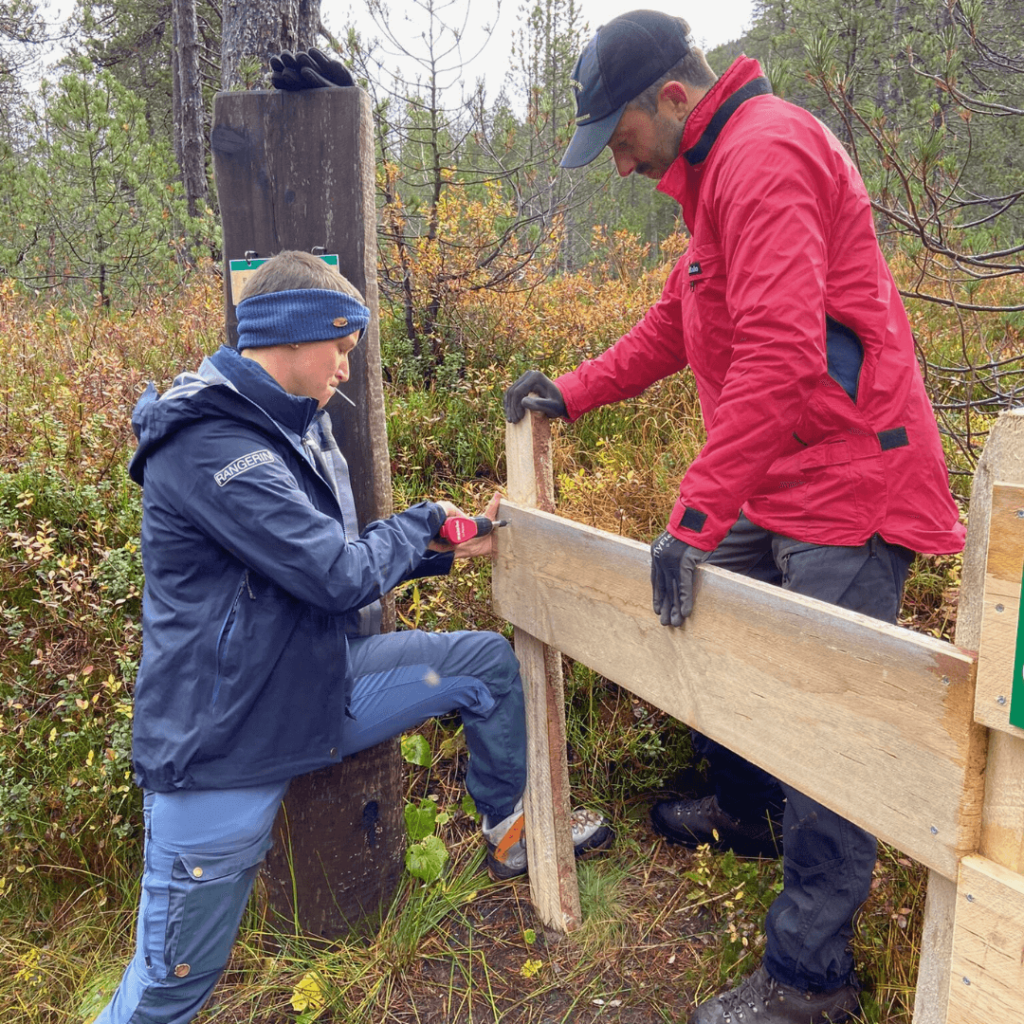
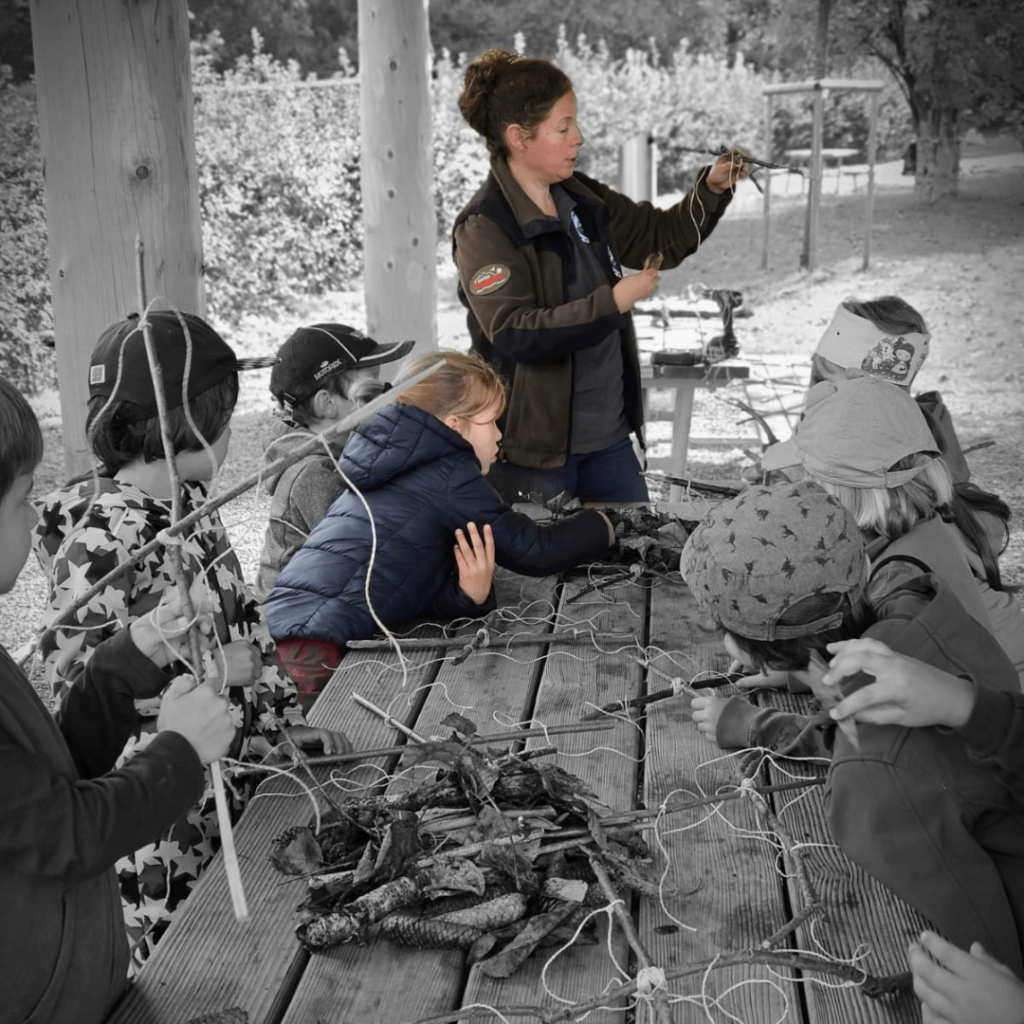
How do your male colleagues and superiors view female rangers?
Silva: The part of our survey aimed at men is designed to find out exactly that. Because we simply don’t know: maybe they don’t feel safe enough when they are patrolling with us, simply for physical reasons? That’s a legitimate feeling that needs to be taken into account. But what I have observed, also through further training in the Swiss National Park, is underestimation. The first question about female rangers is actually always: ‘Can she do it at all?’. Some rangers in the national park are about to retire. I thought that it might finally be time to employ a female ranger, also so that nature’s supervisory body represents the diversity of its visitors. The answer was ‘Do you think a woman could do that?’ If a 65-year-old man about to retire can do it, then a 30-year-old woman certainly can! Even if it means carrying one less snow pole. This reduction to physical strength is far too one-sided for the diverse work we do.
Murièle: I have two different experiences: I have never experienced any reservations from my colleagues or clients. But in the cantonal administration itself, there are definitely prejudices against women. I’ve even been told ‘either you do what I say or we’re at war’. My male colleagues don’t experience that. It usually comes from conservative men who still believe that women belong in the kitchen.
“The period is an issue that all female rangers deal with, totalling around two months a year. It can’t be ignored! And yet women in leading positions often show little understanding.”
Silva: But it’s not just about male superiors or colleagues. For example, I once had such severe period pains that I couldn’t go up a mountain as planned. That happens to me once or twice a year. The reaction of one of my female office colleagues was that a bit of walking wouldn’t do any harm. That really shocked me. Maybe she didn’t want to fuel the prejudice of the weaker sex. But it’s an issue that all female rangers deal with for a long period of their lives, totalling around two months a year. It can’t be ignored!
Murièle: It always depends on who I talk to about it. My colleagues are completely understanding. But I also have to deal with a woman in the canton to whom I don’t have to bring up the subject. I actually find that it has to do with the position: the higher up, the less understanding is shown. Perhaps it really is the fear associated with the stigma of the weaker sex.
editorial work for this
content is supported by


